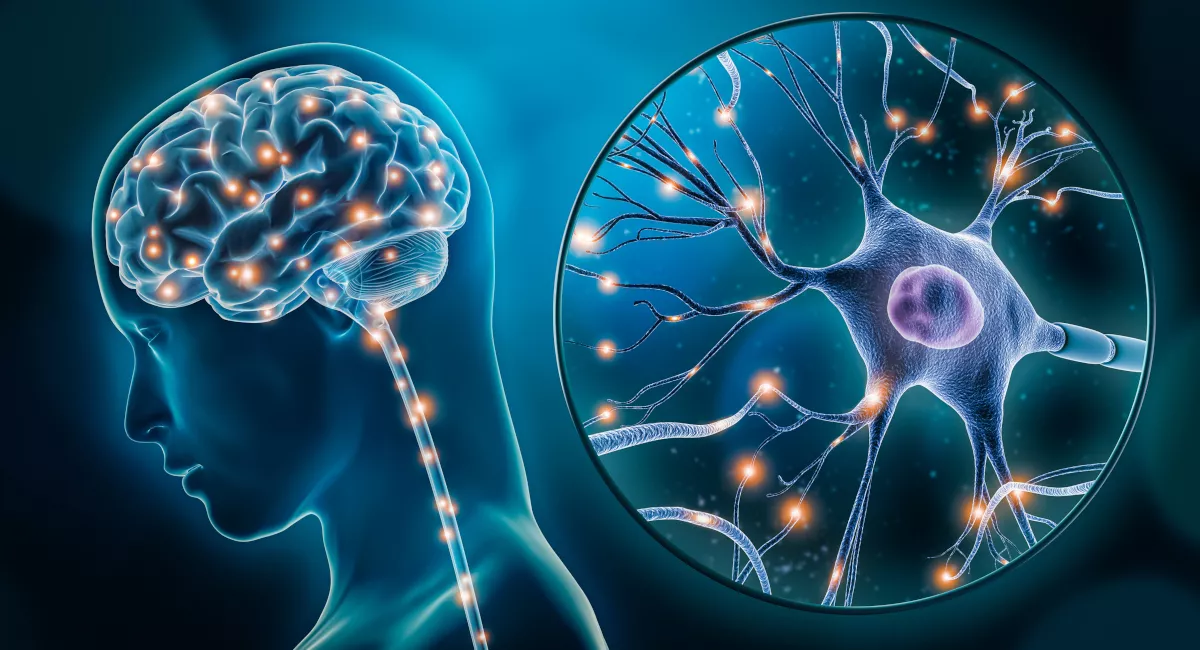Recent developments in genetics and gene editing have opened up new possibilities for human health and evolution. Gene editing, which involves modifying the DNA of an organism, has already shown promise in precision medicine and gene therapy. But the use of gene editing has also raised ethical concerns, particularly when it comes to editing the human germline. In this blog post, we will explore the basics of gene editing and its potential uses and implications.
Table of Contents
What is Genetics?
Genetics, the study of how traits are inherited from generation to generation, involves the examination of genes which act as the fundamental units of life. These genes provide instructions for the growth, development, and maintenance of all living organisms. Consequently, through the study of genetics, we have gained a deeper insight into the critical role that genes play in determining various traits such as eye color, height, and susceptibility to disease.
What is Gene Editing?
Gene editing is a powerful tool that allows scientists to alter an organism’s DNA sequence. There are several different methods of gene editing, including CRISPR, TALEN, and ZFN. By using these techniques, scientists can make precise changes to the DNA sequence of an organism. We can use it to correct genetic defects, create new traits, or even introduce new genes into an organism.
What is Gene Editing?
Gene editing is a technique that we use to modify an organism’s DNA. There are several different types of gene editing techniques. The most commonly used technique is CRISPR-Cas9, which uses an enzyme called Cas9 to cut DNA at a specific location. Researchers can then insert, delete, or replace genes. Additionally, there are other gene editing techniques, such as TALENs and ZFNs. These techniques work in similar ways to CRISPR but are less precise. With the help of gene editing, researchers have been able to create new models of disease in animals and study the function of specific genes. Moreover, gene editing has been used to develop treatments for genetic disorders.
Gene Editing and Human Health
Gene editing has the potential to revolutionize precision medicine and gene therapy. Precision medicine aims to treat patients based on their genetic makeup, which can help identify personalized treatments for various diseases. “We can use gene editing to correct genetic mutations that cause diseases like sickle cell anemia and cystic fibrosis. Moreover, we can use gene editing to add new genes to an organism, thereby assisting it in fighting diseases or generating beneficial substances. However, the use of gene editing in humans is a contentious issue due to ethical concerns about creating “designer babies” and other potential risks.
While we consider the potential applications of gene editing to be vast, we also need to take important ethical and societal considerations into account. Some of the key concerns include:
Gene Editing and Evolution
One of the most significant potential uses of gene editing is to alter the course of human evolution. By modifying the human germline (i.e., sperm, eggs, and embryos), scientists could potentially eliminate genetic diseases and disorders, as well as enhance desirable traits such as intelligence or physical abilities. However, this also raises concerns about the potential for unintended consequences and the loss of genetic diversity.
Additionally, we must consider who will access gene editing technologies and who will be in charge of controlling their usage. Some argue that gene editing could exacerbate existing inequalities and create new ones, while others see it as a way to level the playing field and promote social justice.
Conclusion
In conclusion, “Developments in Genetics and Gene Editing” is a powerful tool that has the potential to transform human health and evolution. While there are certainly risks and ethical concerns associated with its use, the potential benefits are significant. As we move forward, it is important to continue exploring the possibilities of gene editing while also being mindful of the risks and ethical implications. Only then can we ensure that gene editing is used in a responsible and ethical manner to benefit all of humanity. If your interested read more about emerging technologies check out this link.

